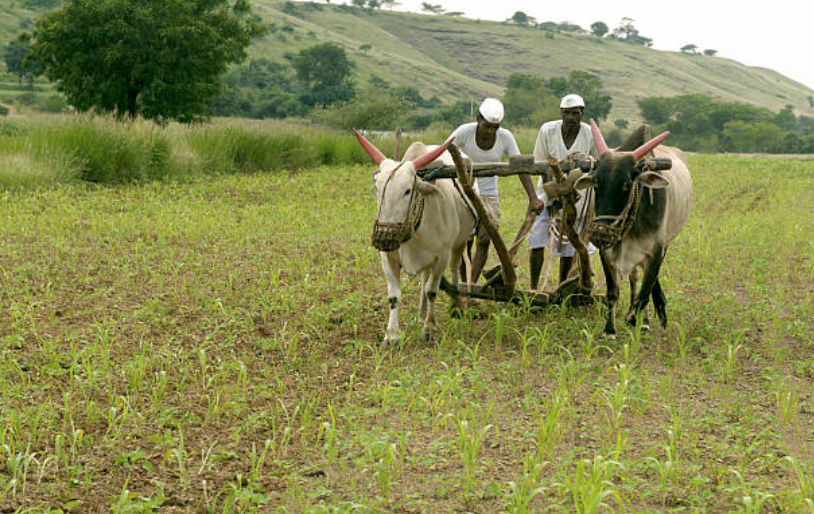Farm distress higher during Narendra Modi government than UPA period: Report

New Delhi: Rural wages have grown 3.8 per cent in December, the lowest ever for the month. Annual wholesale inflation was minus 0.07 per cent for “food” and 4.45 per cent for “non-food” articles, point to an overall picture of rural stress going beyond agriculture together with depressed farm prices, ahead of the Lok Sabha elections.
An Indian Express report based on Labour Bureau and Central Statistics Office has painted a grim look on the current scenario in the country. Accoriding to the report, based on a simple average for 25 agricultural and non-agricultural occupations, the national daily rural wage rate stood at ₹322.62 in December 2018 which is 3.84 per cent higher than the ₹310.69 for December 2017. It means wages rose just over 2.3 per cent in “real” terms.
Under Prime Minister Narendra Modi’s Bharatiya Janata Party-led National Democratic Alliance government, the average year-on-year wage growth for December during 2014 to 2018 worked out to 4.7 per cent in nominal terms and a mere 0.5 per cent in real terms after netting out inflation of 4.2 per cent. Whereas, when Manmohan Singh’s Congress-led United Progressive Alliance government was in power, nominal rural wages grew by an annual average of about 17.8 per cent.
The last five years have seen a slowdown in rural wages even after adjusting for inflation, which has been far lower than during the UPA rule. The report shows the average growth in December for eight main agricultural occupations to be at 5.14 per cent. The occupations are: ploughing, sowing, harvesting, picking, horticulture-related labour, animal husbandry-related work, farm irrigation and plant protection. This is higher than the 4.68 per cent for general wages.
Therefore, even as farmers saw very low increase, or even decrease, in price for their produce, agricultural wage growth hasn’t fallen as much. This means, while farm income has fallen labour wages remained more or less the same. This has squeezed the income from agriculture even more.
Under these circumstances, the prospects for the ruling BJP in next month’s Lok Sabha election doesn’t look too bright.




Leave Your Response